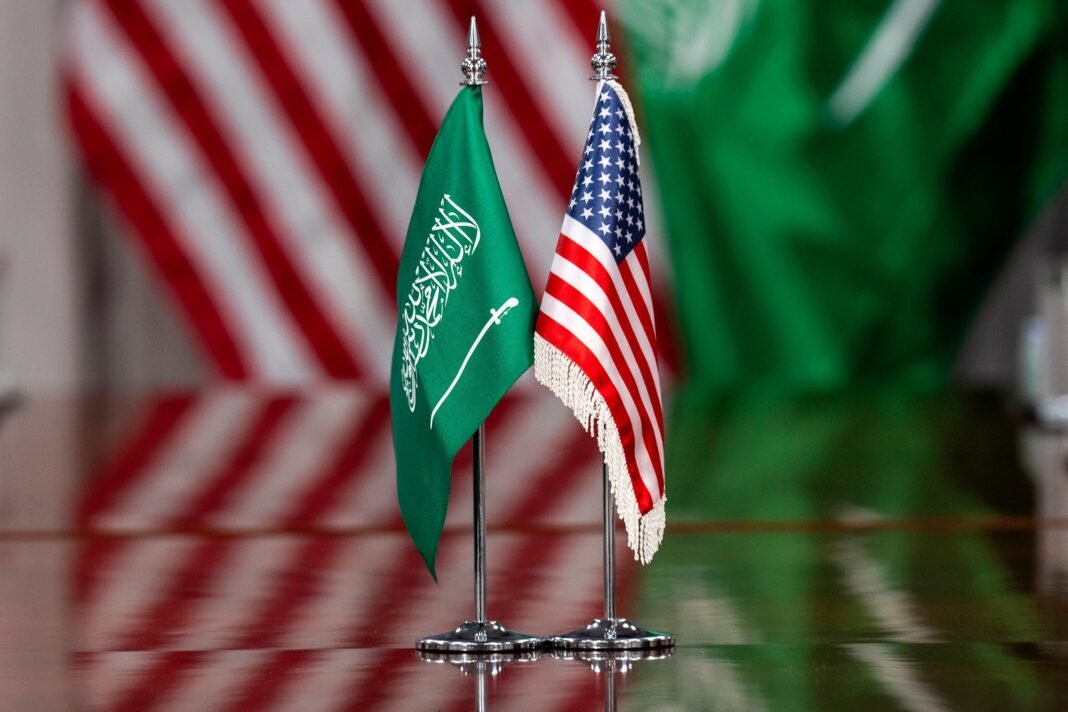Saudi oil power is showing signs of strain, raising questions about its longstanding ties with the United States. The kingdom now faces financial pressure from falling oil prices and costly projects. Experts say this shift could reshape regional security and economic partnerships.
The US-Saudi oil-for-security pact has guided relations for over 80 years. Under this agreement, the United States provided military protection for the Persian Gulf in exchange for a stable oil supply. This deal once secured global energy stability and strengthened bilateral ties.
However, recent developments, including project failures such as The Line, have exposed weaknesses in Saudi Arabia’s economic strategy. Financial analysts note that leadership decisions and overconfidence contributed to these challenges. Consequently, the kingdom is now seeking new security guarantees and exploring alliances beyond its traditional partners.
Saudi Arabia’s leaders recognize the need to prepare for a post-oil future. Diversifying energy sources and building new economic partnerships have become key priorities. Transitioning from reliance on oil revenues will require careful planning and strategic international engagement.
Historically, the pact began in 1945 when US President Franklin Roosevelt met King Abdulaziz on Egypt’s Great Bitter Lake. The leaders agreed on military protection and guaranteed oil supply. For decades, this arrangement supported both countries’ strategic and economic interests.
Regional security remains a crucial concern. Analysts emphasize that Saudi Arabia must balance domestic development with international expectations. Maintaining stability in the Gulf is essential for global trade and energy markets. Furthermore, the kingdom’s evolving alliances may influence regional geopolitics.
Financial experts predict that Saudi Arabia will continue investing in infrastructure and energy diversification. The kingdom also aims to strengthen military cooperation while reducing dependency on oil revenues. These steps could redefine its relationship with the United States and other partners in the coming years.
In conclusion, Saudi oil power faces mounting economic and strategic challenges. Its leadership is adjusting policies to secure a sustainable future. Observers suggest that the kingdom’s evolving approach will shape both regional security and global energy markets, affecting decades of US-Saudi cooperation.





